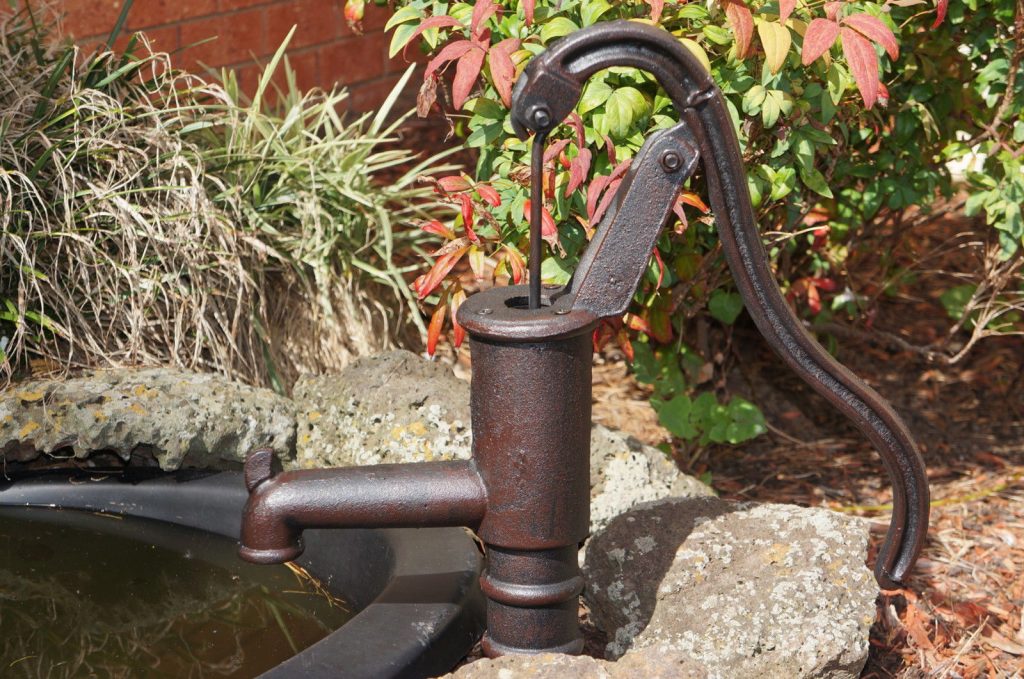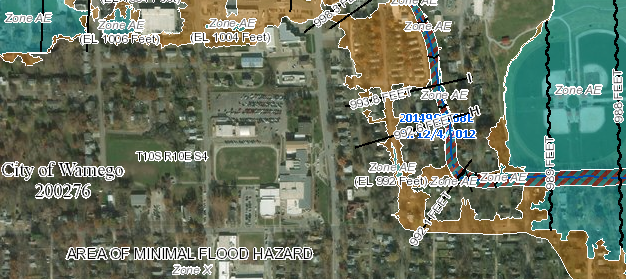Leonardo Da Vinci is quoted as famously saying “Water is the driving force in nature.” The modern world of real estate is no exception. Real estate use will most always require that there is some access to water. Whether the property be a residential home or a cow pasture, the need for water is present. Part I of this post will focus where you obtain your tap and drinking water.
In residential real estate, there are three main sources of drinking water in this region of the country: Municipally supplied water utility, Rural Water District or owner owned and maintained well.
Municipally supplied water is just that. The City supplies water to its residents and charges a fee for the service. This is how a majority of homes are supplied with drinking water. However, where does the City obtain the water supplied? Typically, a City will own and maintain wells or obtain water from a reservoir or river and treat and supply the water. The water is then provided to residents through a City owned water system. Often, the water obtained from wells is pure enough that the City will not be required to treat the water. Reservoirs or rivers almost always require some form of treatment to the water before providing it to residents. Furthermore, to ensure the safety of the water supplied, the State of Kansas and the Federal government require periodic testing of public drinking water.
Rural Water Districts are “member-owned” cooperatives that are most often established to provide water to areas not served by a City. The “members” are basically the individuals that purchase water from the water district. The members maintain a board that oversees the water system and its sources of water. Water districts are also required to periodically test its water to maintain that it is pure and uncontaminated. In order to purchase water from a water district, one must first become a “member.” This usually involves a small transfer fee from the previous owner of the real estate. If you are establishing a new residence or other new water service, the fee requirement can be substantial. It is important to investigate this issue when planning a home building project.
The final, most common source of water is the private well. The owner has a water well that pumps water and provides it to the residence or farm. In Kansas, water windmills were once a part of most farm yards. Today, the work is done by electric pumps and pressure tanks in order to provide constant, consistent water to the owner. Owning your water source may sound liberating, but a private well comes with its own headaches. The owner of the well is wholly responsible for checking the quality of the water. Additionally, wells can go dry; especially in drought years. Lastly, the equipment required to pump and pressurize and possibly treat the water requires maintenance. It is important in a real estate transaction to investigate these issues prior to closing.
When purchasing or selling real estate, it is important to understand how water is obtained at the real estate. This will prevent unwanted surprises down the road.



